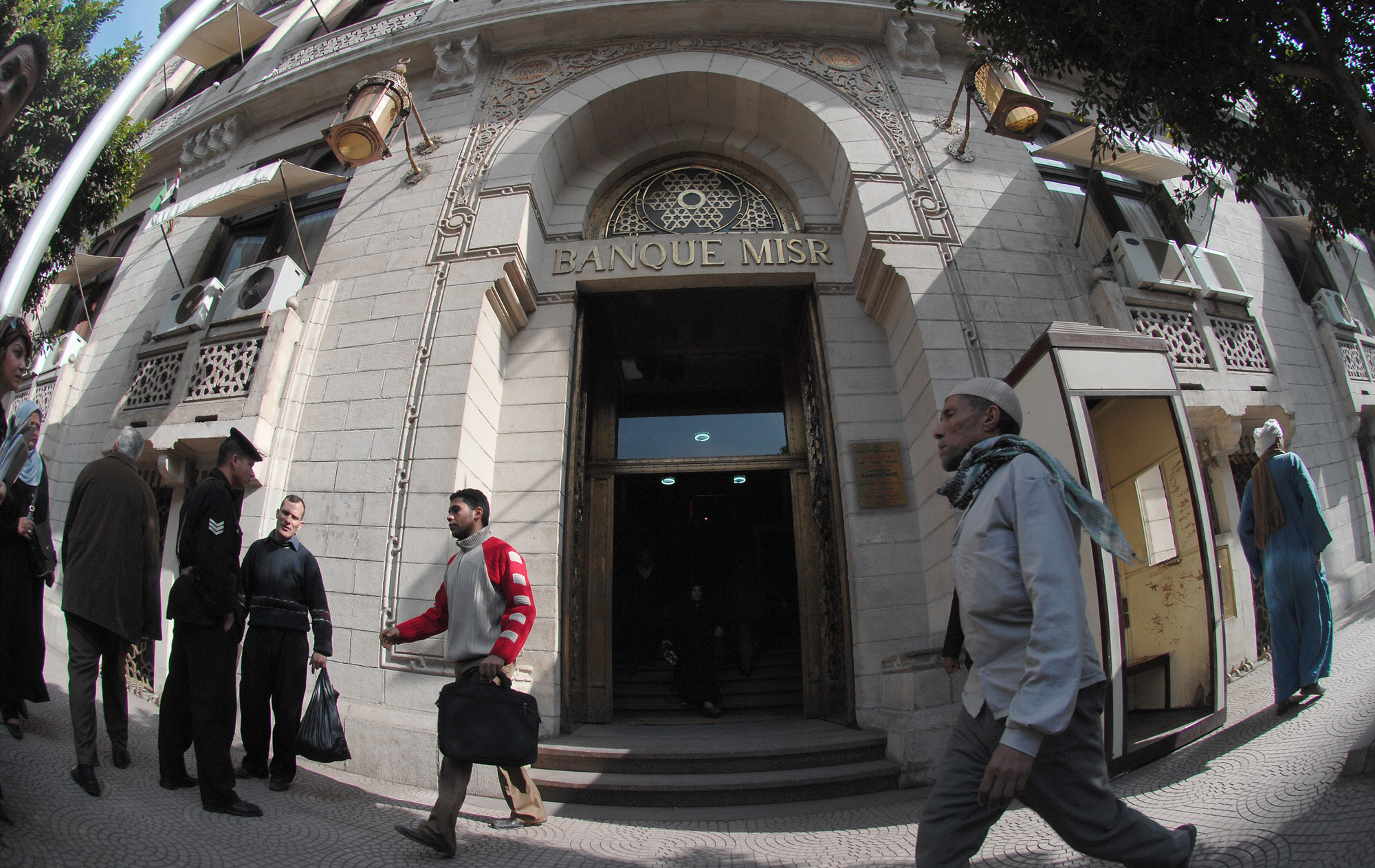Minister of Housing, Utilities, and Urban Communities Sherif El-Sherbiny participated in a Senate session on Sunday to discuss the draft law submitted by the government to amend provisions of Building Law No. 119 of 2008.
He highlighted that these amendments aimed at reducing the burden on citizens and supporting urban development.
El-Sherbiny began his speech by highlighting the ministry’s key achievements in housing issues, in line with the state’s vision to accommodate the growing population of Egyptians innovatively and sustainably. The state has given significant attention to meeting the needs of the population and improving living conditions through two main pillars. The first focuses on providing new housing units for all segments of society, and the second on developing existing cities and informal areas.
The Minister of Housing explained that the ministry’s housing policy is based on key pillars, including support for low-income groups through the Social Housing Program and assistance for other segments through middle-income and above-middle-income housing.
In terms of supporting low-income groups, around 684,000 social housing units were completed between 2014 and 2024, at a total cost of EGP 110bn.
These units are not limited to new cities but extend to all governorates, with 602,000 units already allocated. Additionally, 316,000 units are under construction, with 186,000 units to be delivered to citizens in 2025, and 130,000 units in 2026. A further 70,000 units are planned for the current phase.
The minister also pointed out a plan to offer middle-income, above-middle-income, and premium housing, which includes tens of thousands of various units to meet the needs of different segments of society. Furthermore, the ministry’s plan up to 2030 includes offering around 25,000 small residential plots in new cities across different housing categories (middle-income, premium, and ultra-premium). This also includes the sale of land and units under the Beit Al Watan project for Egyptians abroad.
El-Sherbiny also touched on the Ministry of Housing’s efforts in the development of existing areas and informal settlements, including projects to enhance areas of historical and cultural value, such as the Great Transfiguration Project on the Land of Peace” in Saint Catherine City and the Historic Cairo Projects.
He also highlighted the road projects implemented by the Central Agency for Reconstruction in some governorates, projects aimed at improving quality of life, public-private partnership projects, and development projects in Upper Egypt to transform it into an investment-attractive region. Additionally, he mentioned the significant progress made in the water and wastewater utilities sector.
The Minister of Housing also discussed the ministry’s efforts, through the New Urban Communities Authority, to develop new cities. In line with the government’s program, Egypt places great importance on urban expansion and increasing the inhabited area by developing sustainable cities and fourth-generation cities. The ministry continues to advance the development of 22 existing cities by implementing various housing programs, and service projects, and improving service efficiency. The ministry’s upcoming plan includes identifying assets within the cities and maximizing their investment potential to ensure the financial sustainability of these cities.
He added that regarding the fourth-generation cities, the implementation of housing and economic projects in 38 new fourth-generation cities is ongoing to create sustainable job opportunities and attract local and global investments. The government’s plan also aims to build a competitive economy that attracts investments and strengthens the foundations of economic advancement through the implementation of several projects. Among the most important pioneering projects that the ministry aims to complete are the operation and management of the Central Business District in the New Administrative Capital as a global financial centre, the financial and business district in New Alamein, the investment zone in New Suez, the Capital Gardens, and the second phase of New Aswan and New Mansoura cities.
Regarding the Building Law, the Minister of Housing noted that Law No. 119 of 2008 was issued based on a new methodology and mechanism that differs from the various previous laws. It consolidates all laws related to the building system into a single law with a logical sequence according to the chapters of the law (urban planning, urban coordination, construction regulation, preservation of real estate wealth, and penalties). The Ministry of Housing has been keen to monitor the effects resulting from the implementation of this law since its issuance, the challenges of its application, and the obstacles faced by citizens and those responsible for enforcing the law.
El-Sherbiny mentioned that the Ministry of Housing had previously prepared a draft law to amend certain provisions of the Building Law, Law No. 119 of 2008, which was approved by the Cabinet.
It was discussed by the joint committee on housing, local administration, and transport, as well as the Constitutional and Legislative Affairs Committee of the Senate, which prepared its report that was being discussed on Sunday.
The minister explained that the amendments included the law’s issuance materials, the urban planning chapter, the construction regulation chapter, the preservation of wealth chapter, and the penalties chapter. In terms of the urban planning chapter, the amendments involve redefining the tasks of the Supreme Council for Urban Planning and specifying the functions of the General Authority for Urban Planning, including its technical oversight of the General Departments of Urban Planning in the governorates. The strategic plans are to be replaced with urban development plans to broaden the concept beyond just one planning tool.
He added that the amendments aim to simplify procedures and make the process easier for citizens, while also establishing necessary regulations to ensure the structural safety of buildings and facilities. Additionally, they address unauthorized construction, particularly outside approved urban boundaries, and expedite its removal to preserve agricultural land in accordance with constitutional provisions.
Meanwhile, the amendments to the chapter on preserving real estate wealth aimed at establishing a fast and effective mechanism to activate the provisions for the separation of tenants’ associations, particularly in residential complexes, to ensure proper management of maintenance systems that preserve real estate wealth.
The Minister of Housing disclosed that in light of recent developments and the efforts made to restore order to urban planning in Egypt, the cabinet’s advisors, the Ministry of Justice, the Ministry of Housing, and all ministries and relevant authorities responsible for implementing the provisions of the Building Law have been holding meetings to study and consult on any necessary amendments to the draft law that would accommodate these developments. We are close to completing this process.




